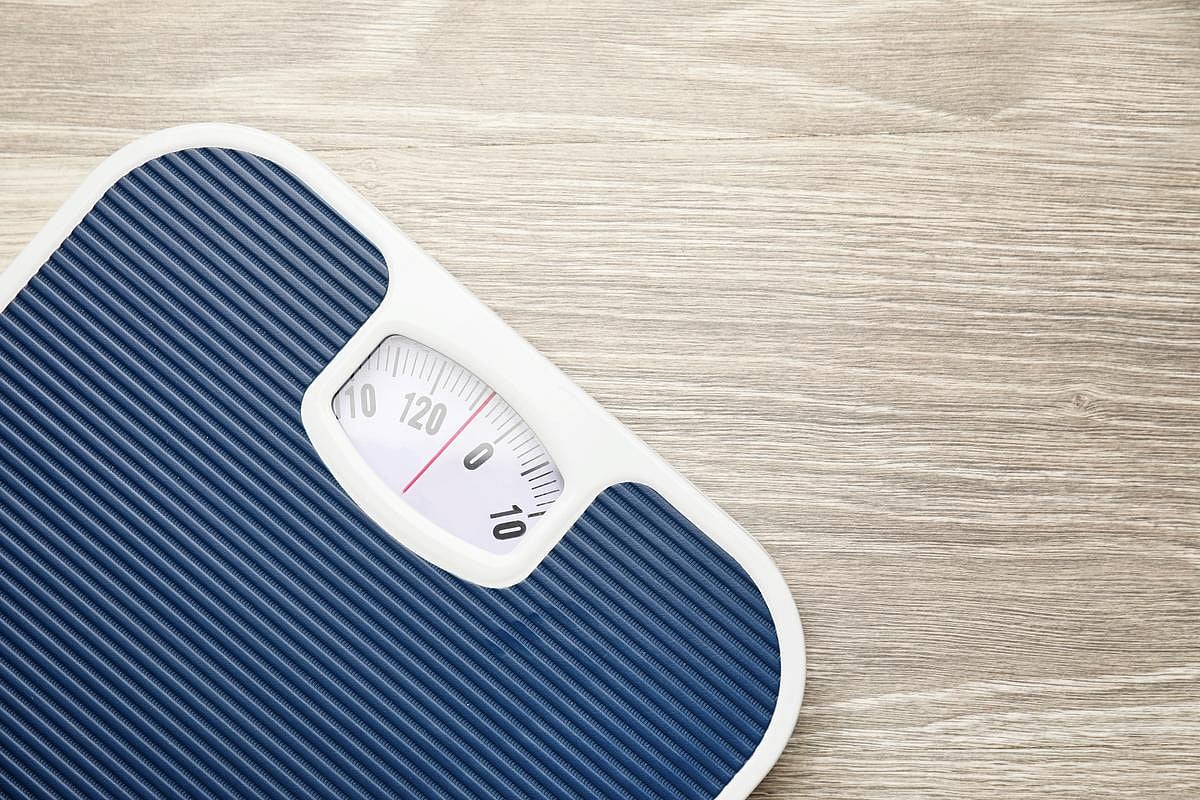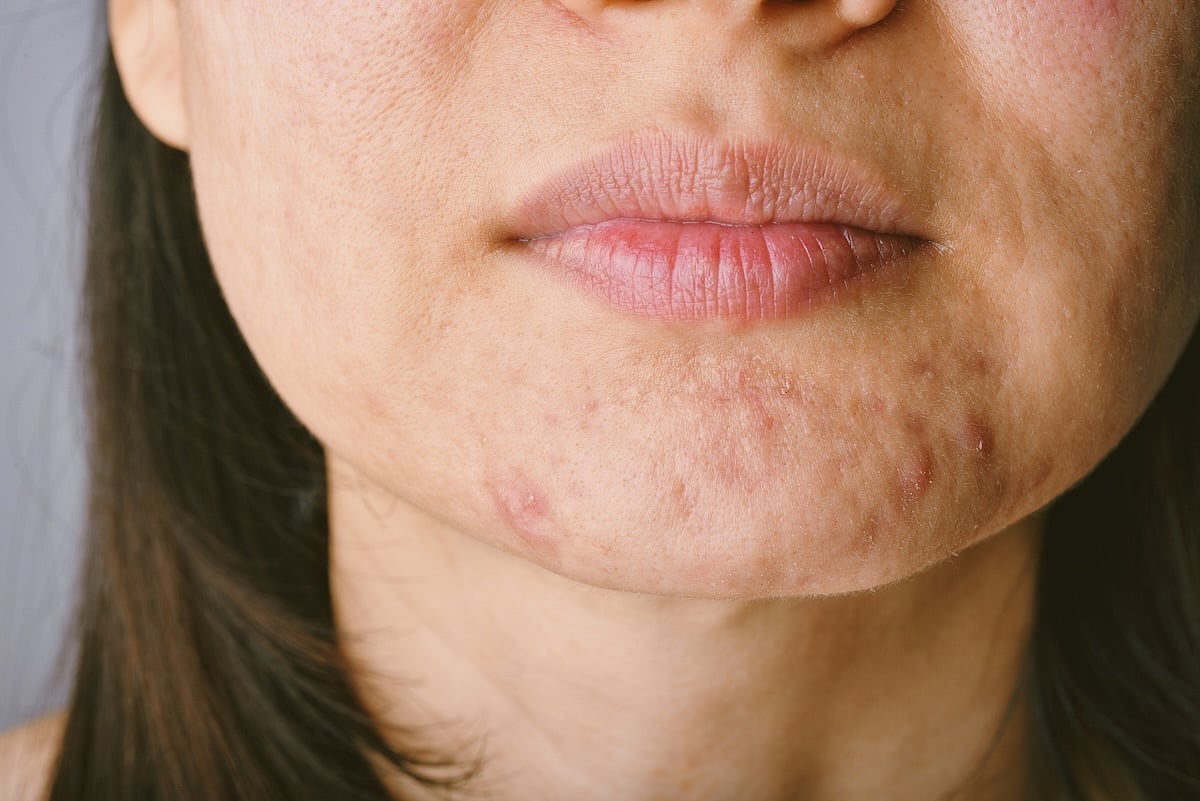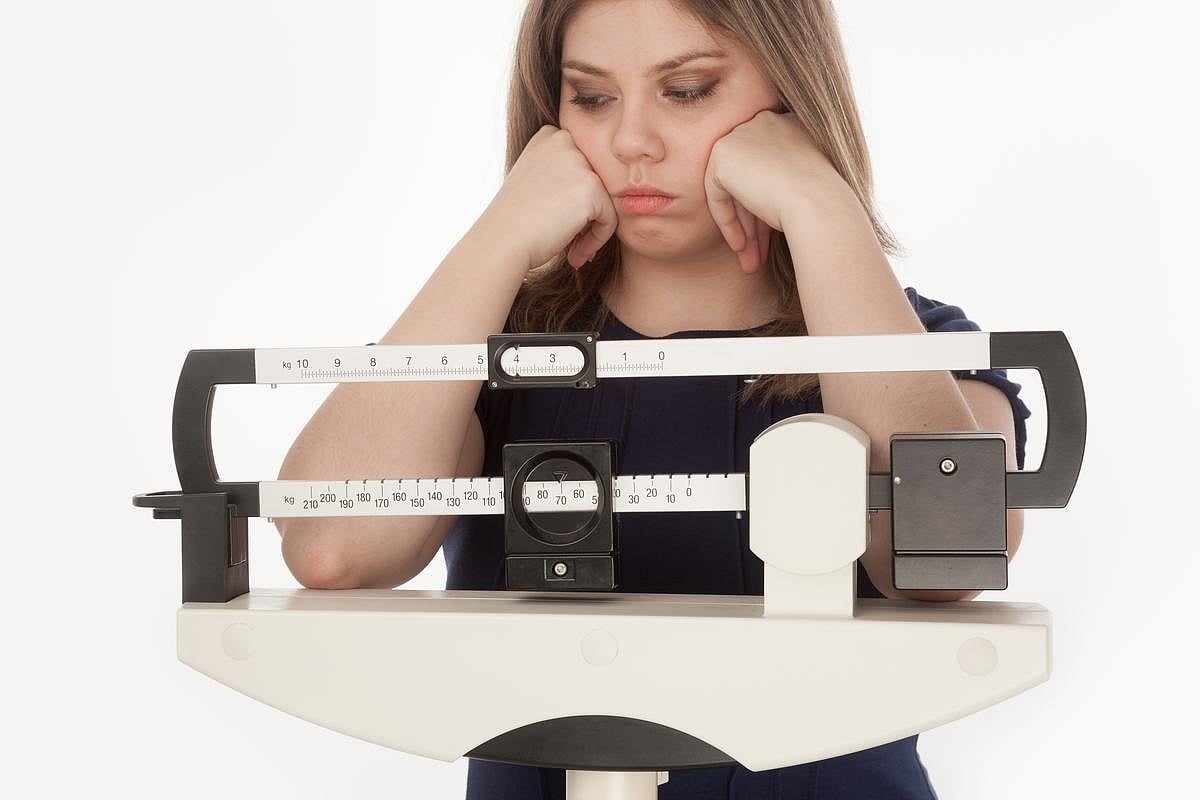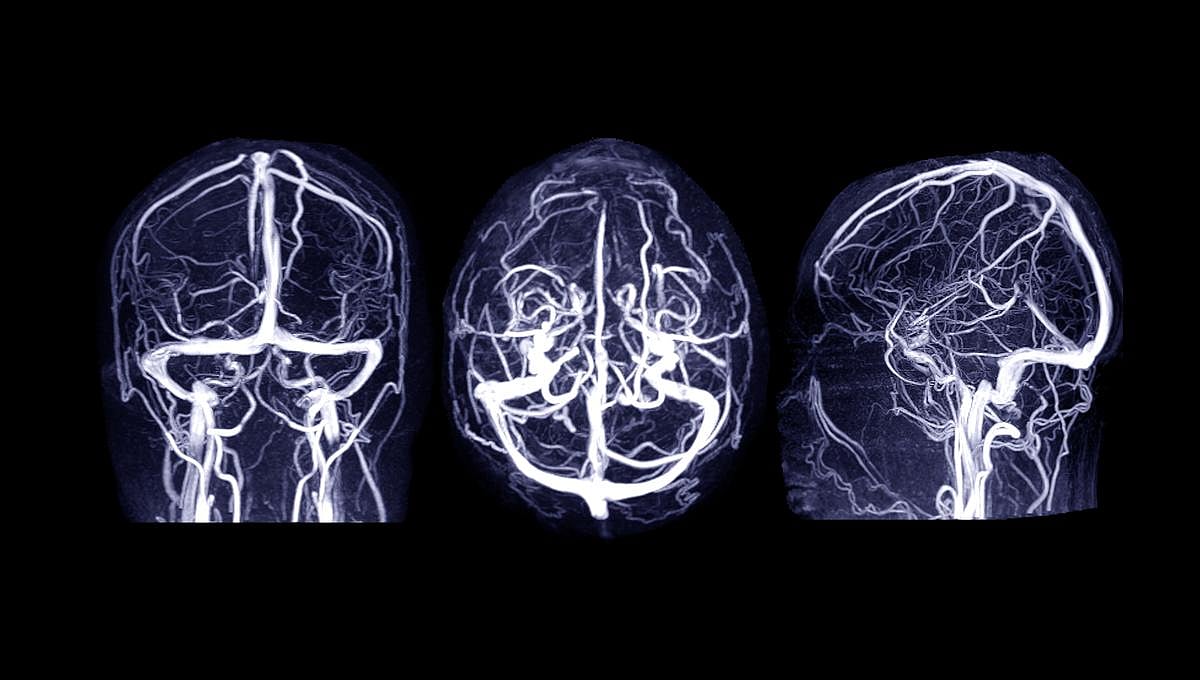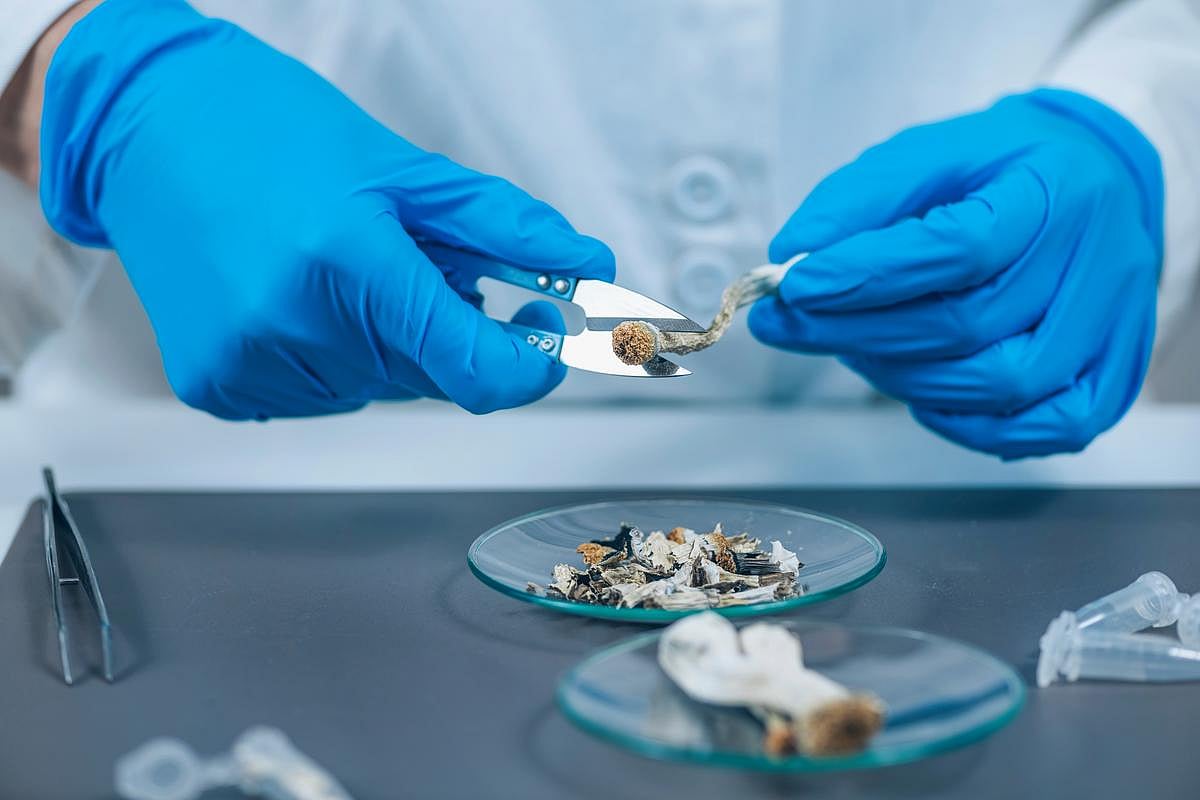Submit your contact info here or click the "Contact me about Sync" button below and we will reach out to you with more information.
Get Healthy!
Results for search "Eating / Appetite Disorders".
Health Videos - 4
Health News Results - 52
Women with an eating disorder are more likely to have children who suffer from asthma and wheezing, a new study says.
Eating disorders are associated with a 26% increased risk of school-age asthma and a 25% higher risk of preschool wheeze, researchers reported Dec. 2 in the journal
Eating disorders can harm a person’s physical and mental health in ways that linger for years, a new study reports.
Anorexia, bulimia, binge eating and other such disorders bring with them a high risk of health problems like diabetes, kidney or liver failure, broken bones and premature death, researcher...
- Dennis Thompson HealthDay Reporter
- |
- November 19, 2025
- |
- Full Page
Supportive parents. Regular household routines. Comforting beliefs. Strong connections to the community.
All these positive childhood influences can lower a college student’s risk of developing an eating disorder, even in the face of some negative experiences, a new study says.
P...
- Dennis Thompson HealthDay Reporter
- |
- August 18, 2025
- |
- Full Page
There’s a better way of treating binge eating disorder, a new study argues.
The method, called “regulation of cues,” reduced patients’ odds of binge eating by 20% compared to those who got standard cognitive-behavioral therapy (CBT), researchers reported Aug. 4 in JAMA Network Open
- HealthDay Reporter
- Dennis Thompson
- |
- August 5, 2025
- |
- Full Page
People who get weight-loss surgery experience an improvement in their mental health, but not because of the weight they lose, a new study says.
Rather, these patients face much less societal stigma over their weight, and it’s that – not the actual weight loss – that boosts their mental health, researchers reported today in the journal
People with acne are at increased risk of developing an eating disorder, a new study says.
Adult acne patients are 2.4 times more likely to have an eating disorder, researchers reported recently in the Journal of the European Academy of Dermatology and Venereology.
Even after accounting for a history of moo...
- HealthDay Reporter
- Dennis Thompson
- |
- April 30, 2025
- |
- Full Page
People start developing unhealthy perceptions of their own bodies in early childhood, a new study suggests.
Kids as young as 7 start to judge their bodies in ways that eventually could lead to an eating disorder, researchers report in the
Even if a teen is at a healthy weight, just thinking they are overweight can greatly raise their odds for self-harm, a new study finds.
“What we found was that the perception of being overweight has a much stronger effect of suicidal ideation than the objective measure of weight,” said study lead author
- HealthDay Reporter
- Ernie Mundell
- |
- February 12, 2025
- |
- Full Page
Calorie labels on restaurant menus are harming people with eating disorders, a new evidence review claims.
These labels are meant to make it healthier to eat out at restaurants, by informing customers of the calorie content of food choices.
But people diagnosed with eating disorders tend to respond poorly when presented with a menu featuring calorie labels, researchers reported Jan....
- HealthDay Reporter
- Dennis Thompson
- |
- January 31, 2025
- |
- Full Page
Eating disorders appear to be linked to differences in brain structure among teenagers.
Young adults who develop eating disorders appear to have delayed brain maturation as teenagers, MRI scans show in a new study published Jan. 10 in the journal Nature Mental Health.
In particular, reduced maturation of the c...
- HealthDay Reporter
- Dennis Thompson
- |
- January 14, 2025
- |
- Full Page
THURSDAY, Nov. 7, 2024 (HeathDay News) -- The active chemical in “magic mushrooms” may help treat anorexia, a new study has found.
Following psilocybin treatment, 4 of 10 study participants showed clinically significant reductions in their anorexia-driven eating habits, researchers report.
“Our findings suggest that psilocybin may be helpful in supporting meaningfu...
- HealthDay Reporter
- Dennis Thompson
- |
- November 7, 2024
- |
- Full Page
Psilocybin could help people suffering from a mental health problem that can lead to eating disorders, a new study suggests.
Psilocybin, the active chemical in “magic” mushrooms, significantly reduced symptoms in people with body dysmorphic disorder (BDD), re...
- HealthDay Reporter
- Dennis Thompson
- |
- September 24, 2024
- |
- Full Page
Pulling your hair out in frustration with your finicky youngster?
Don’t blame your parenting style -- genetics likely played a huge role in their eating habits, a new twins study FINDs.
Fussy eating is mainly influenced by genes, according to findings published Sept. 19 in the Journal of Child Psychology & Psychiatry<...
- HealthDay Reporter
- Dennis Thompson
- |
- September 20, 2024
- |
- Full Page
Excessive time spent on social media increases children's and teens’ risk of developing an eating disorder, a new study warns.
Each additional hour of total screen time or social media use raises the likelihood that a kid or young teen will have eating disorder symptoms two years ...
- HealthDay Reporter
- Dennis Thompson
- |
- September 13, 2024
- |
- Full Page
Women exposed to TikTok videos that make eating disorders look cool and glamorous tend to have worse body image, a new study finds.
These videos include what researchers call "pro-anorexia" clips, as well as other videos focused on weight loss.
“Our study showed that less than 10 minutes of exposure to implicit and explicit pro-anorexia TikTok content had immediate negative co...
- HealthDay Reporter
- Ernie Mundell
- |
- August 9, 2024
- |
- Full Page
Prior studies have suggested that binge eating disorder may not last long, but a more rigorous look at the illness finds that just isn't so.
"The big takeaway is that binge-eating disorder does improve with time, but for many people it lasts years,"said study first author Kristin Javaras, assistant psychologist in the Di...
- HealthDay Reporter
- Ernie Mundell
- |
- May 28, 2024
- |
- Full Page
One in every four people age 16 or older with type 1 diabetes may be struggling with an eating disorder, a new review of data on the subject finds.
Type 1 diabetes is an autoimmune disorder in which the body attacks its own insulin-producing cells in the pancreas, making a person reliant on injected...
- HealthDay Reporter
- Ernie Mundell
- |
- May 9, 2024
- |
- Full Page
Many teens"especially girls"are affected by body dysmorphic disorder, a condition in which they become obsessed with perceived flaws in their personal appearance, a new study shows.
BDD affects about two in every 100 teens (1.9%), according to a report published March 17 in the Journal of the American Academy of C...
- HealthDay Reporter
- Dennis Thompson
- |
- March 22, 2024
- |
- Full Page
Toddlers who are really into their food might have a higher risk of developing an eating disorder once they enter adolescence, a new study shows.
Kids ages 4 and 5 with a strong urge to eat when teased with tasty food appear more likely to report a range of eating disorder symptoms by ages 12 to 14, researchers report Feb. 20 in
Increasingly, knee replacement surgeries are requiring follow-up operations when post-op complications arise.
Now, new research from the University of Texas Southwestern is illuminating whether you might fall into a high-risk category for these second surgeries.
According to the researchers, the rate at which U.S. patients who underwent
People who are early risers appear to be at greater risk of developing anorexia, a new study claims.
This differs from other disorders like depression, binge eating and schizophrenia, all of which appear to be associated with folks being "night owls,"the researchers noted.
"Our findings implicate anorexia nervosa as a morning disorder in contrast to most other evening-based psychiat...
- HealthDay Reporter
- Dennis Thompson
- |
- January 4, 2024
- |
- Full Page
Teenagers with epilepsy are more likely to have an eating disorder than those not suffering from the brain disease, a new study shows.
About 8.4% of children ages 10 to 19 treated at a Boston epilepsy clinic had eating disorders, three times the national average of 2.7% of teens with an eating disorder, researchers found.
"Adolescents with epilepsy may feel a loss of control because...
- HealthDay Reporter
- Dennis Thompson
- |
- December 4, 2023
- |
- Full Page
Stigma can take a toll on lesbian, gay and bisexual teens, leading to high rates of binge-eating disorders, researchers say.
Compared to their non-LGBTQ peers, lesbian, gay and bisexual teens are more than twice as likely to report binge eating, according to a new study.
Bullying, discrimination and stigma because of sexual orientation can be stressors that lead to poor self-esteem ...
- HealthDay Reporter
- Cara Murez
- |
- October 19, 2023
- |
- Full Page
Float therapy, where a patient is suspended in a pool of warm, salty water in a soundproof room, could help ease some aspects of anorexia nervosa, a small new study found.
"The idea is that women with anorexia have dysfunctional interoceptive abilities [sensing internal signals from your body], so they're not able to attend to and perceive their bodily experiences in the same way that he...
- HealthDay Reporter
- Sarah D. Collins
- |
- September 1, 2023
- |
- Full Page
One dose of the hallucinogenic ingredient in "magic mushrooms" may help some people with anorexia move past their preoccupation with body image, an early study suggests.
The study, of just 10 women with anorexia, tested the effects of a single dose of psilocybin plus psychological counseling sessions.
Researchers found that the treatment appeared safe, with patients rating the exper...
- HealthDay Reporter
- Amy Norton
- |
- August 1, 2023
- |
- Full Page
Does it sometimes feel like your young picky eater is turning every meal and snack into an epic power battle -- and you're just not sure how to get them the nutrition they need?
If so, you're not alone.
According to an article published recently in the journal
Curated images of perfect bodies -- often highly filtered and unrealistic -- are common on TikTok, Twitter, Instagram and Pinterest.
And a broad new review of 50 recent studies across 17 countries finds that relentless online exposure to largely unat...
- HealthDay Reporter
- Alan Mozes
- |
- March 23, 2023
- |
- Full Page
Eating disorders are on the rise, affecting about 30 million people worldwide, and they can be deadly.
The causes are "like pieces of a puzzle,"according to Amy Ethridge, an occupational therapist and clinical psychiatric specialist in the Adolescent Medicine and Eating Disorders Program at Penn State Milton S. Hershey Medical Center in Hershey.
"It is usually a response to stress, ...
- HealthDay Reporter
- Cara Murez
- |
- March 13, 2023
- |
- Full Page
All those images of beautiful-looking people on social media can deflate a young person's self-image, but there may be an easy fix: limiting time spent on TikTok, Instagram and the like.
A new Canadian study finds that teens and young adults who already had symptoms of anxiety or depression and who cut their social media usage by about 50% experienced a significant improvement in how they...
- HealthDay Reporter
- Cara Murez
- |
- February 23, 2023
- |
- Full Page
Genes may have a strong influence over whether kids develop an eating disorder marked by extremely limited food choices, a new study finds.
The study focused on a condition called avoidant restrictive food intake disorder (ARFID). It's a relatively new diagnosis that describes people who seve...
- HealthDay Reporter
- Amy Norton
- |
- February 6, 2023
- |
- Full Page
It may be that as many as 13% of older adults are addicted to highly processed comfort foods, a new survey finds.
Craving cookies, chips, packaged snacks and soda was seen in adults aged 50 to 80, according to new data from the National Poll on Healthy Aging, from the University of Michigan Institute for Healthcare Policy and Innovation.
Women had higher numbers of addiction to thes...
- HealthDay Reporter
- Cara Murez
- |
- January 30, 2023
- |
- Full Page
Most people think of eating disorders such as anorexia or bulimia as afflictions of teenagers, but a new study finds that older women are also vulnerable to developing them, especially around menopause.
The main driver of eating disorders in older women? Body dissatisfaction, the researchers found.
When researchers looked at eating disorder symptoms among 36 women aged 45 to 61...
- HealthDay Reporter
- Denise Mann
- |
- January 23, 2023
- |
- Full Page
When it comes to weight loss, what seems to matter most is how often and how much you eat, rather than when you eat.
That's the conclusion of a new study that focused on the eating habits of about 550 adults.
For six months, all were asked to use a phone app to report both the timing and size of all their meals.
"What we found is that, on average, the more meals people ate t...
- HealthDay Reporter
- Alan Mozes
- |
- January 18, 2023
- |
- Full Page
The brains of girls and boys who have binge eating disorder show key differences, according to a new study.
That's an important finding, researchers say, because both genders struggle with eating disorders, yet treatments are mainly targeted at girls.
"Males have been excluded from rese...
- HealthDay Reporter
- Cara Murez
- |
- November 14, 2022
- |
- Full Page
For a young child with life-threatening food allergies "the world looks like a minefield," a New Jersey mother says.
It's a stress-filled landscape that financial adviser Amy Leis knows all too well. Her daughter Zoe was just a few months old when she suffered her first serious reaction to food, a potentially deadly event known as
- HealthDay Reporter
- Alan Mozes
- |
- October 5, 2022
- |
- Full Page
When it comes to food, kids with Down syndrome have definite likes and dislikes -- and a food's texture is crucial.
Food with a crispy, oily mouthfeel generally get a big thumbs-up, while brittle or gooey foods get a thumbs-down.
But picky food choices can result in a less healthful diet, so researchers wanted to better understand how
Electrically stimulating the brain's "reward" circuity may hold promise as a treatment for binge eating disorder, a small pilot study suggests.
The findings are based on just two patients who received deep brain stimulation (DBS) -- a technique used for ...
- HealthDay Reporter
- Amy Norton
- |
- August 30, 2022
- |
- Full Page
More young children may struggle with eating disorders than previously thought, a new study reveals.
Data on nearly 12,000 U.S. children between the ages of 9 and 10 that was collected as part of a federally funded study found that 5% had engaged in
Roughly 30 million Americans have an
People with anorexia nervosa show significant shrinkage in three important areas of the brain, new research reveals.
The researchers said their study findings highlight the importance of early treatment, to prevent long-term structural brain changes in people with...
- HealthDay Reporter
- Robert Preidt
- |
- June 10, 2022
- |
- Full Page
Children who binge eat may be hardwired to do so: New research reveals they have abnormalities in regions of the brain associated with reward and inhibition.
People with binge eating disorder have frequent episodes of eating large amounts of food and struggle to control the behavior. Those w...
- HealthDay Reporter
- |
- March 18, 2022
- |
- Full Page
People tend to have a specific image when they think of eating disorders -- a disturbingly skinny white girl with reed-thin arms, her ribs and shoulder blades prominent.
You don't think of a ripped, beefy muscle man chugging a protein shake and fretting about carbs between weightlifting sessions. But maybe you should.
Men and some minority groups have been drastically underrepresent...
- HealthDay Reporter
- |
- February 28, 2022
- |
- Full Page
The images are never-ending: Celebrities like Kim Kardashian posting one sultry shot after another on social media. But new research warns this constant barrage of "perfect" bodies can undermine the self-esteem of young women.
They're apt to feel their own figures come up short by comparison --- whether th...
- HealthDay Reporter
- Alan Mozes
- |
- January 31, 2022
- |
- Full Page
MONDAY, Jan. 24, 2022 (HealthDay Now) -- Alaina Stanisci has grappled with an eating disorder since she was 10, and the disruptions of the pandemic only made things worse for the high school senior.
"I actually experienced a relapse at the beginning of the pandemic because of this lack of structure," Stanisci, 18, of Mountain Lakes, N.J., said during a HealthDay Now interview. "D...
- HealthDay Reporter
- Dennis Thompson
- |
- January 24, 2022
- |
- Full Page
Parents struggling with infant feeding issues may have another reason to persevere: New research ties feeding problems with an increased risk of developmental delays.
For the study, the mothers of nearly 3,600 children were surveyed about feeding problems at 18, 24 and 30 months of age, such as gagging, crying during meals or pushing food away. The children were also screened for developm...
- HealthDay Reporter
- Robert Preidt
- |
- January 17, 2022
- |
- Full Page
A new study confirms yet another consequence of the pandemic for children and teenagers: Eating disorders, and hospitalizations for them, rose sharply in 2020.
The study of six hospitals across Canada found new diagnoses of anorexia nearly doubled during the first wave of the COVID-19 pandemic. And the rate of hospitalization among those patients was almost threefold higher, versus pre-pa...
- HealthDay Reporter
- Amy Norton
- |
- December 13, 2021
- |
- Full Page
The number of people who were hospitalized for eating disorders such as anorexia and bulimia doubled in May 2020, about two months after the COVID-19 pandemic was officially declared a national emergency.
The new study didn't look at why there was such a surge in eating disorders during that time, but it tracks for many reasons, said study author Kelly Allison. She is the director of the ...
- HealthDay Reporter
- Denise Mann
- |
- November 24, 2021
- |
- Full Page
As many parents know, children can be notoriously picky eaters. In some cases, their chronically fearful approach towards food amounts to what is considered a serious psychiatric condition.
But a new survey of adults who were, and continue to be, finicky eaters suggests that rather than forcing a child to eat foods they don't like, parents will probably make more headway by embracing a no...
- HealthDay Reporter
- Alan Mozes
- |
- November 12, 2021
- |
- Full Page
Parents frazzled by their little ones' finicky food choices often sigh in exasperation, thinking: "They'll grow out of it by college."
Maybe not, suggests a new study from Bowling Green State University in Ohio. Some young people continue their picky eating into early adulthood, often restricting their diets to 10 foods or even fewer.
Such a limited diet can mean they're not getting...
- HealthDay Reporter
- Cara Murez
- |
- October 7, 2021
- |
- Full Page
If your children are picky eaters, bribing or pressuring them will probably backfire.
But there are other steps you can take to help them get over their fussiness, researchers report.
Australian scientists reviewed 80 studies to find out more about fussy eaters.
They found that pressuring a child to eat, offering rewards for eating and stricter parenting methods didn't help. B...
- HealthDay Reporter
- Steven Reinberg
- |
- September 24, 2021
- |
- Full Page








